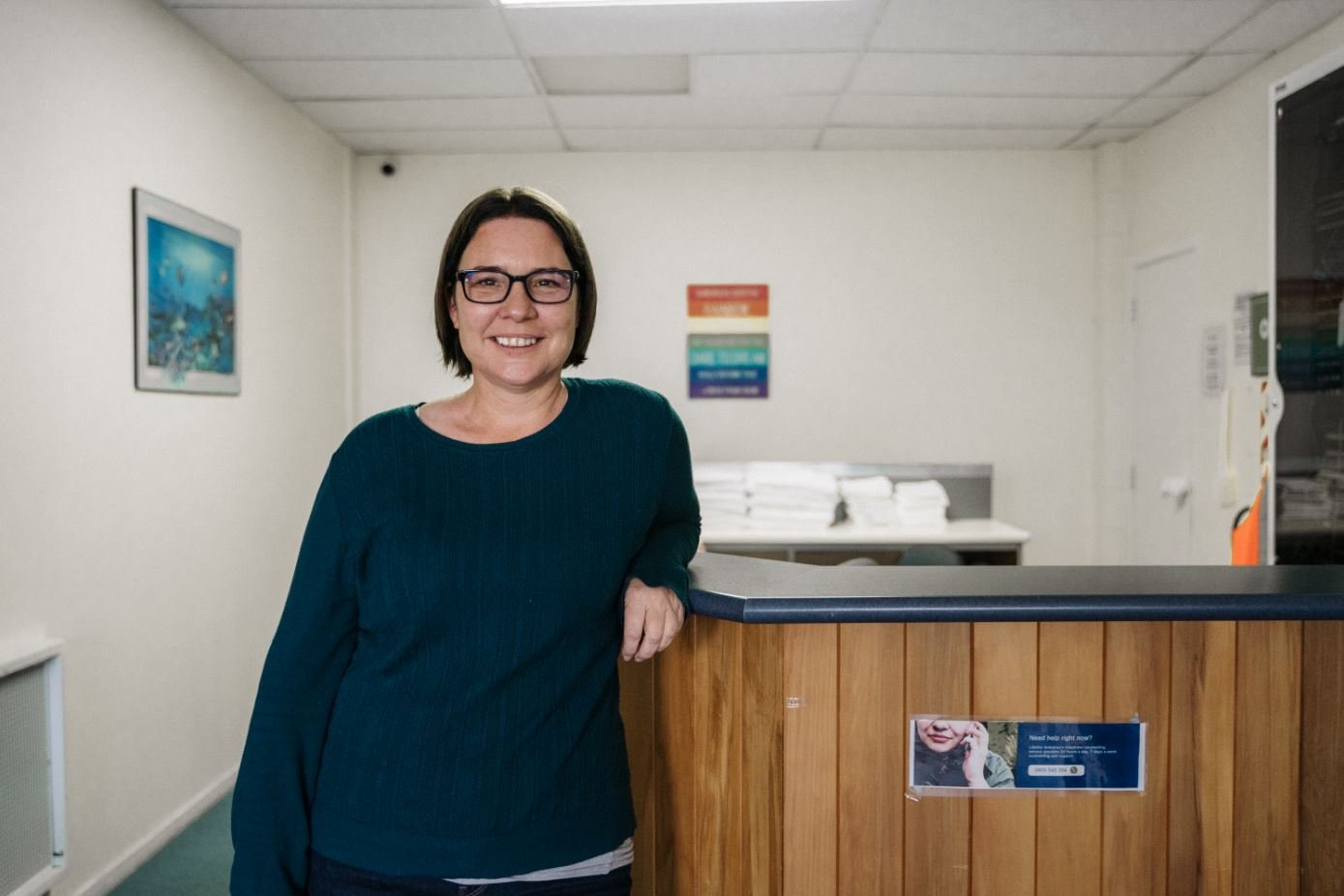By Six
My first experience of being homeless was in Hamilton, Kirikiriroa around 2012.
I’d returned to the Tron, to finish my Diploma of Journalism at Waikato Institute of Technology (WINTEC).
When my benefit was unexpectedly cut through no fault of my own I was evicted from a hostel I was calling home overnight and soon ran out of sofas to surf.
A vacant block of flats became a squat for myself and a handful of vagrants until we were unceremoniously evicted by police.
More about that to come.
My comrade in arms was a guy I’ll call Jim.
Jim is a seasoned outlaw. He dropped me off at the Hamilton Christian Night Shelter on Anglesea Street and disappeared like a thief in the night.
Which is ironic, because it was nighttime, and Jim is a thief of some skill.
It was also raining. I was cold and hungry.
The receptionist asked me to complete a form. He gave me a towel and directed me to communal showers.
When I got out of the shower, the staff showed me to a room and offered me coffee and soup.
There were no luxuries.
Three to a room.
An inner sprung mattress and a feather duvet felt like Heaven after a few months of improvised beds.
We had to vacate before 8 am and were allowed to return after 6 pm.
Dinner was usually pies, bread rolls or buns and sandwiches left over from generous cafés and bakeries.
Returning almost 10 years later stirs many long-forgotten feelings, rattles a few closeted skeletons and gives me a little anxiety.
The night shelter has a new name, a new manager and a new kaupapa.
The Hamilton Christian Night Shelter Te Whare Korowai Taangata o Kirikiriroa provides emergency care and shelter for men who have nowhere to live and are struggling to find accommodation.
JoanneTurner, the Manager, says they sometimes have to turn people away because they just don’t have the space.
“Kirikiriroa still has rough sleepers,” says Joanne. “It is pretty damp in Hamilton and that’s cold to the bone cold.”
She adds, “I think the trajectory we are on is good. There’s a lot of hope there. We are going to be able to support some of the most vulnerable people.”
One of the residents shares his story.
“It’s a lifeline. I come here as a broken man. I didn’t know how to ask for help and in a lot of ways I still don’t. I’ve made some good friends but at the end of the day, sitting in my room, I am still alone. I ended up in a place like this and it was a hell of a shell shock. But people cared, and at this point, I couldn’t be in a better place. You can’t expect people to be miracle workers, but you know they are there and you appreciate them,” he says.
When I stayed at the shelter I had been on hormone replacement therapy for at least a year. I’ve always had a very feminine body and now I was even softer and lumpier.
However, sharing communal showers was unavoidable.
Fortunately, gender-diverse people no longer have to choose between a shower or a bed.
“The gender-diverse community generally don’t feel they know where to turn when it comes to homelessness,” says Joanne. “But things have definitely changed.”
Joanne works with another organisation called Rainbow Hub Waikato.
Rainbow Hub Waikato is a non-profit organisation that began as Waikato Queer Youth in 2005. In 2021 the organisation restructured to recognise and grow the support for rainbow people of all ages and communities.
Despite being the birthplace of The Rocky Horror Show, Hamilton offers no other bar, café or club for the queer community to connect.
Slay Way, Rainbow Hub’s Education Coordinatorsays they connected with Joanne nearly two years ago because more and more gender-diverse people were coming into the shelter who didn’t feel safe in their spaces so they would leave.
“Joanne approached our organisation and we worked together to create a safe space that we could provide in a gender-affirming way,” says Slay.
Slay brings a wealth of lived experience to the community and talks openly about their mental health and addictions.
“I was doing that whole trying to run away from home, and from that, I got into situations where I didn’t have a place to stay,” says Slay. “There are not a lot of places for the gender-diverse to ask for help. I stayed with someone I thought I would be safe with and wound up doing things I didn’t want to do but I didn’t feel I could say no.”
“In a weird way, I felt safer sleeping on the street. I was working but all my money went on the pokies or alcohol so I was doing sex work to pay for addictions. I was too afraid to reach out for help so I decided to sleep rough.”
Slay says they see a lot of young people coming out and being rejected by their families, reaching out to Rainbow Hub for help.
It’s hard to believe family can treat family like that.









